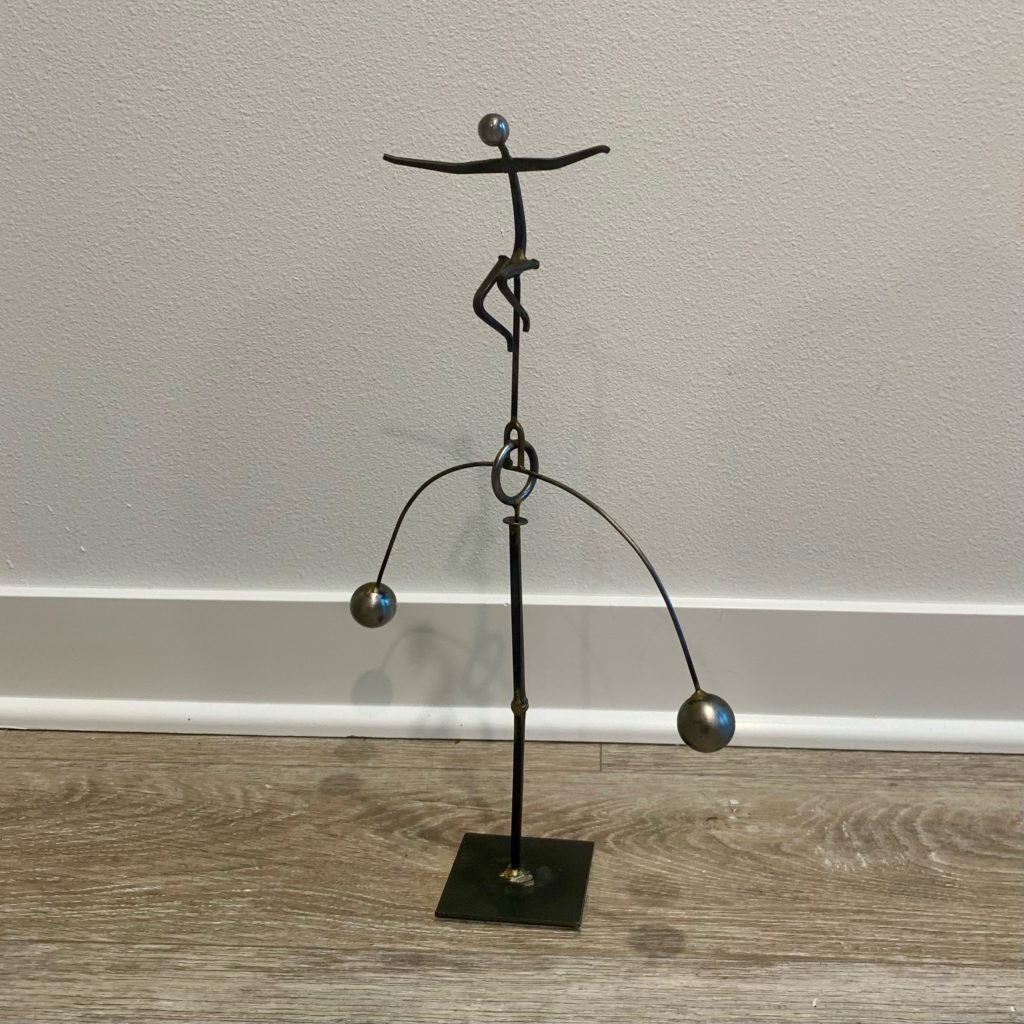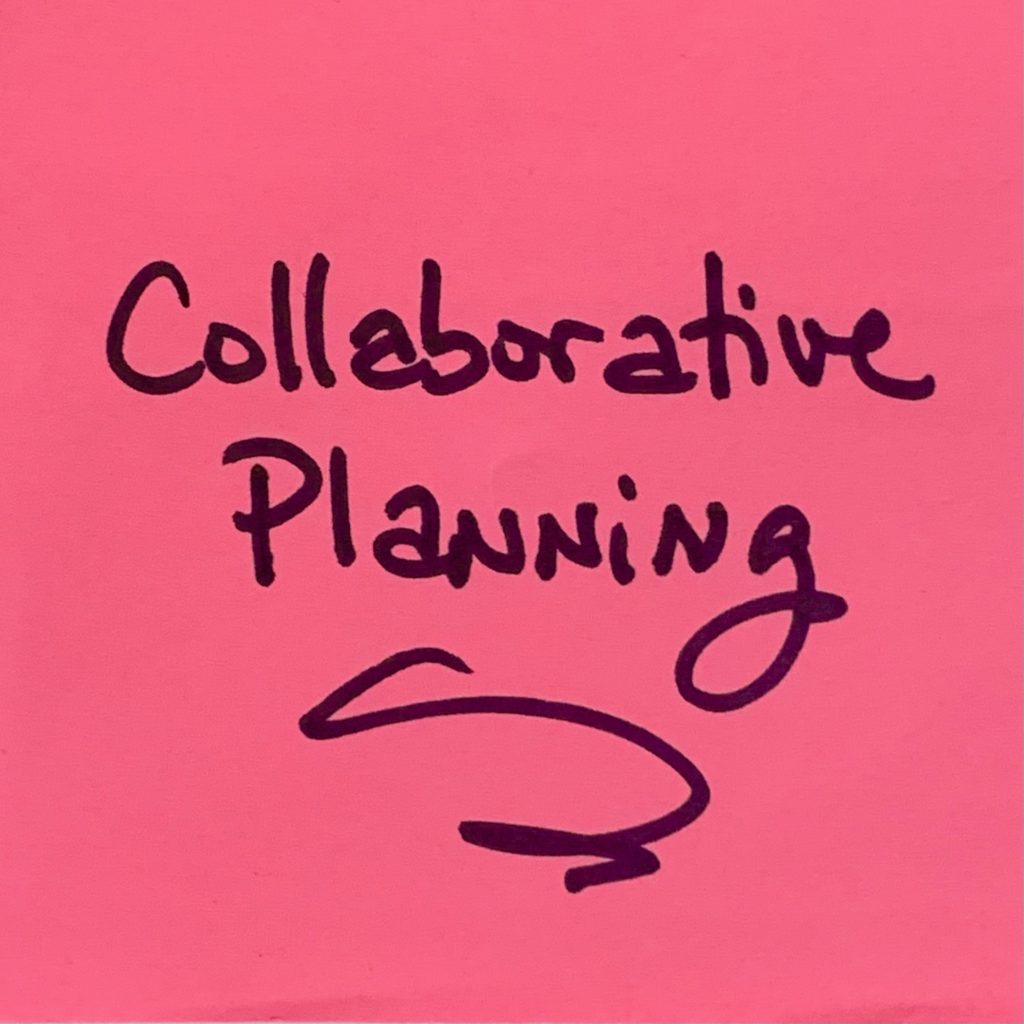By Stacie Prada
It’s typical to ask “What do you want to do today?” I’ve had richer conversations and better success asking, “What are your goals for the day? What would make today successful for you?”
It helps shift the conversation from specific decisions to a discussion about attributes that matter to each person. It might feel a little goofy or too structured, but I promise it contributes to relationships of respect and understanding with people who mean well and care.
During the holiday season, it’s even more worthwhile to be clear about what matters to each of us. Holidays bring out heightened emotions and expectations for how to celebrate. Keeping traditions and doing what we’ve always done isn’t always possible or wise anymore. Whatever the reason, it’s worth introspection and discussion to adapt.
What are your goals for the day, the weekend, the month or the holiday season?
I try to ask these questions of myself and those I’ll spend time with. When I know what I need to get done, what I want to do and what the minimum is that I hope to do, I can be realistic about what will meet my needs.
When I share my answer with others, they help me make it happen. When they share with me what they’d like, I factor their needs and preferences into plans. Usually our desires are compatible, and meeting everyone’s needs is doable. When we’re on the same team and plan collaboratively, we often come up with better and more fulfilling plans than if we’d left decision-making to one person.
Everyone has different desires, and each decision has different implications. A solution to one barrier might create other problems or eliminate something important to someone else.
What’s important? What’s the essence of what would make it successful?
Knowing this helps shape decision making. We can collaborate on plans and understand what we’re trying to accomplish for each person involved.
If you don’t know what you want, you’re unlikely to get it or know you got it. If you don’t share what you want, you’re leaving everyone guessing and unlikely to make decisions that will meet your needs.
I have a friend who shared they get frustrated when they plan holidays and vacations with everyone in mind, but no one asks what they want. They understandably feel unappreciated. It’s not easy advocating for our needs, and often friends and family forget to ask. Proactively asking everyone what they want or need allows everyone to share in the conversation and decision-making. It also helps make decisions when things don’t go as planned. Everyone can contribute to problem-solving, because they know in advance what attributes are important to each person.
There are some who might not cooperate. Anyone sabotaging plans or dismissing another’s needs must be dealt with or avoided. If that’s an issue, find an ally who can reinforce or champion your wishes along with those of the rest of the people in the group. If that’s not possible, one-on-one counseling may be needed to navigate the specific situation or relationship.
In good relationships, sharing needs and limitations leads partners, family and friends to advocate for each other. Being self-aware, forthcoming and curious cultivates healthy bonds and boundaries. Being intentional with planning and collaborating with everyone involved is an opportunity to learn about each other, accommodate needs and appreciate our uniqueness.
*Stacie Prada was diagnosed with RRMS in 2008 just shy of 38 years old. Her blog, “Keep Doing What You’re Doing” is a compilation of inspiration, exploration, and practical tips for living with Multiple Sclerosis while living a full, productive, and healthy life with a positive perspective. It includes musings on things that help her adapt, cope and rejoice in this adventure on earth. Please visit her at http://stacieprada.blogspot.com/






 Sometimes, explaining multiple sclerosis (MS) to people who are unfamiliar with the condition is frustrating. The clinical definition does not fully capture the reality.
Sometimes, explaining multiple sclerosis (MS) to people who are unfamiliar with the condition is frustrating. The clinical definition does not fully capture the reality.